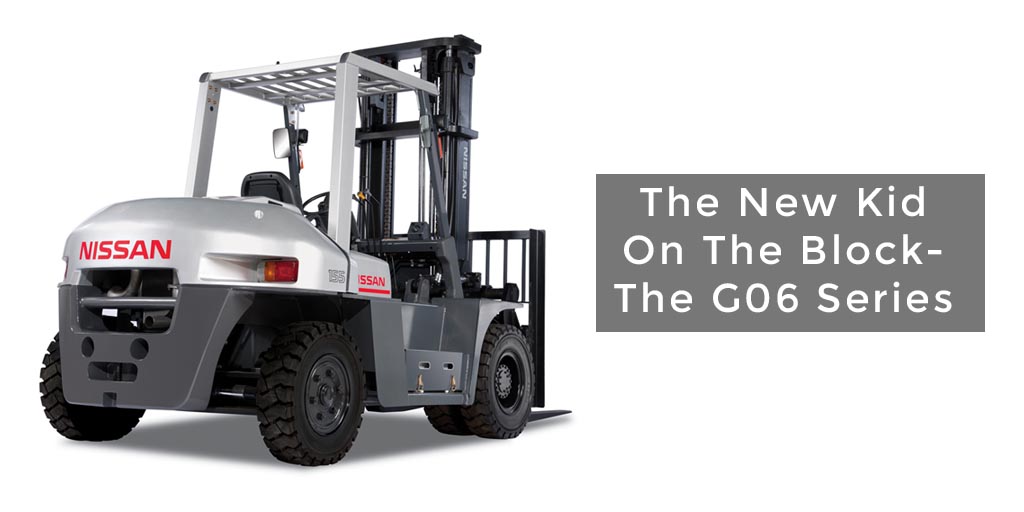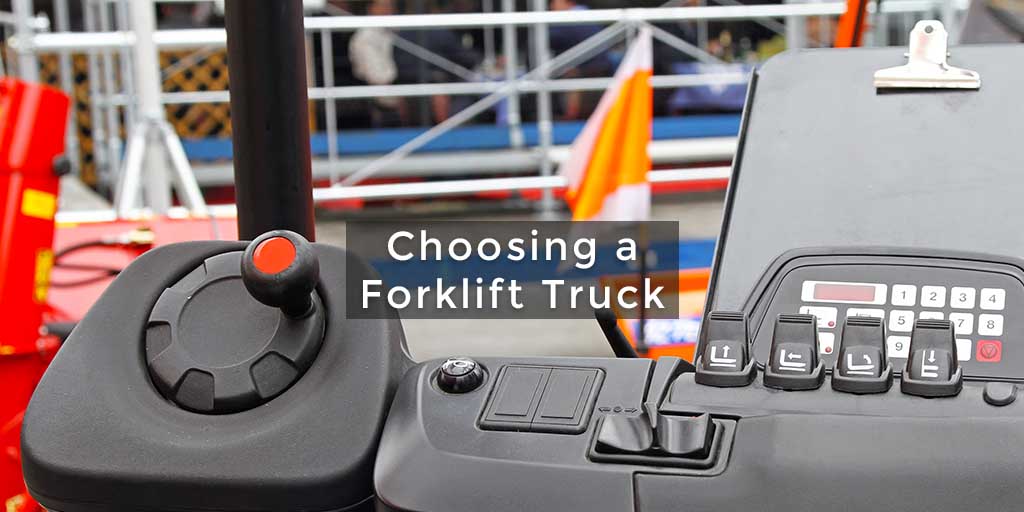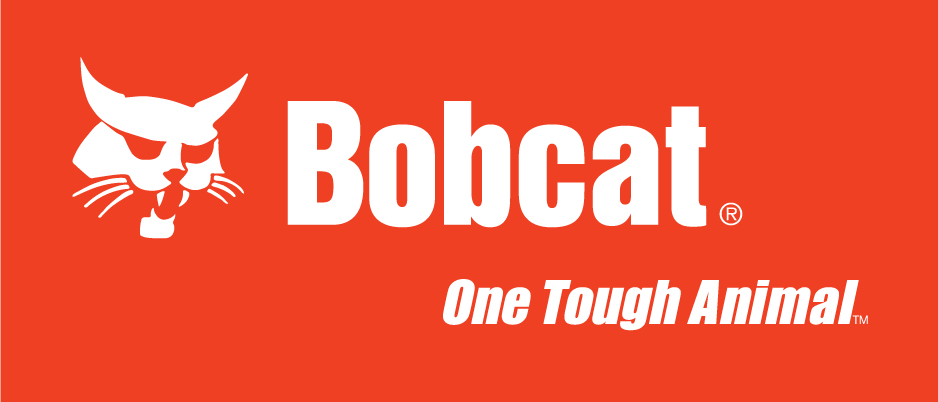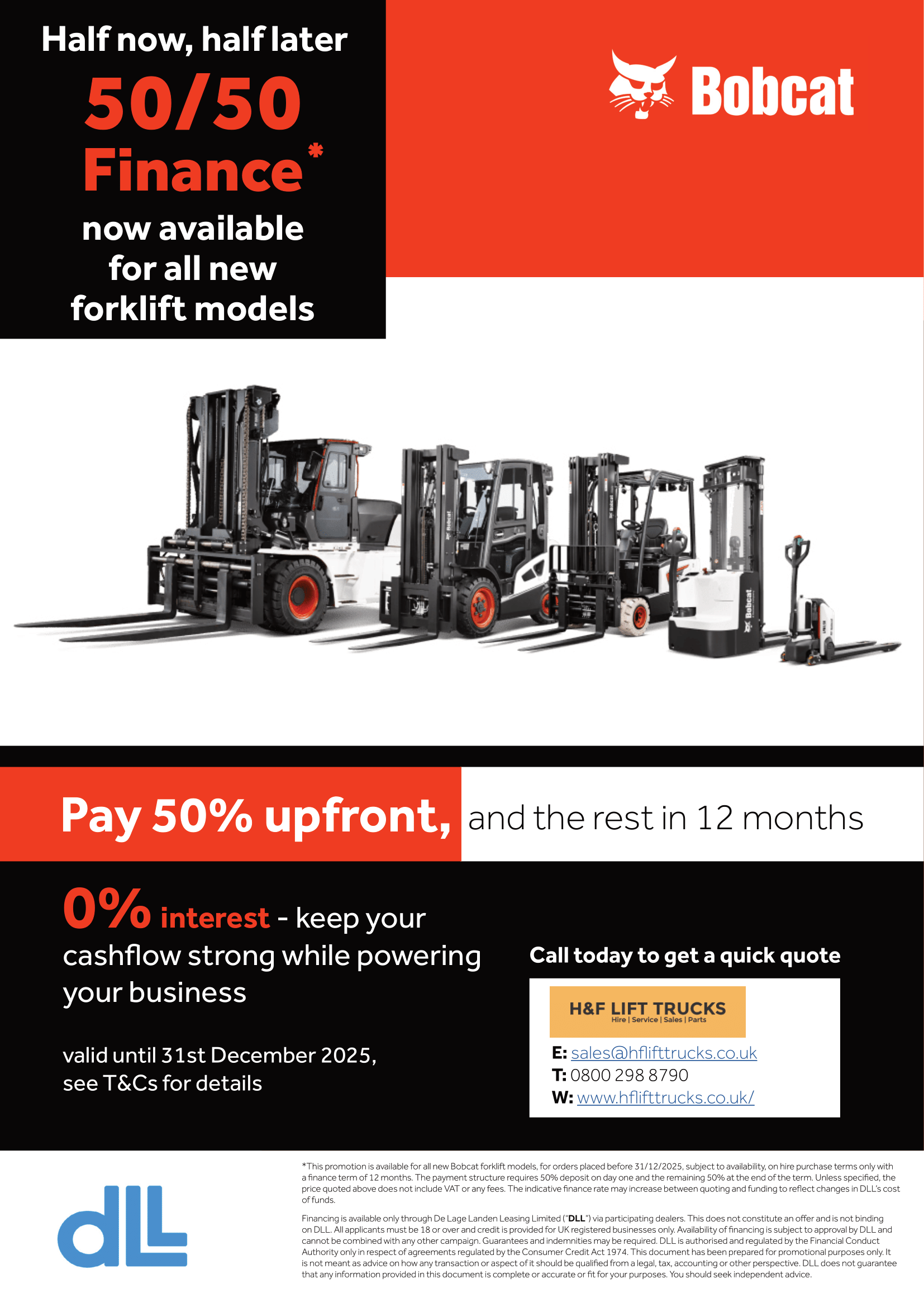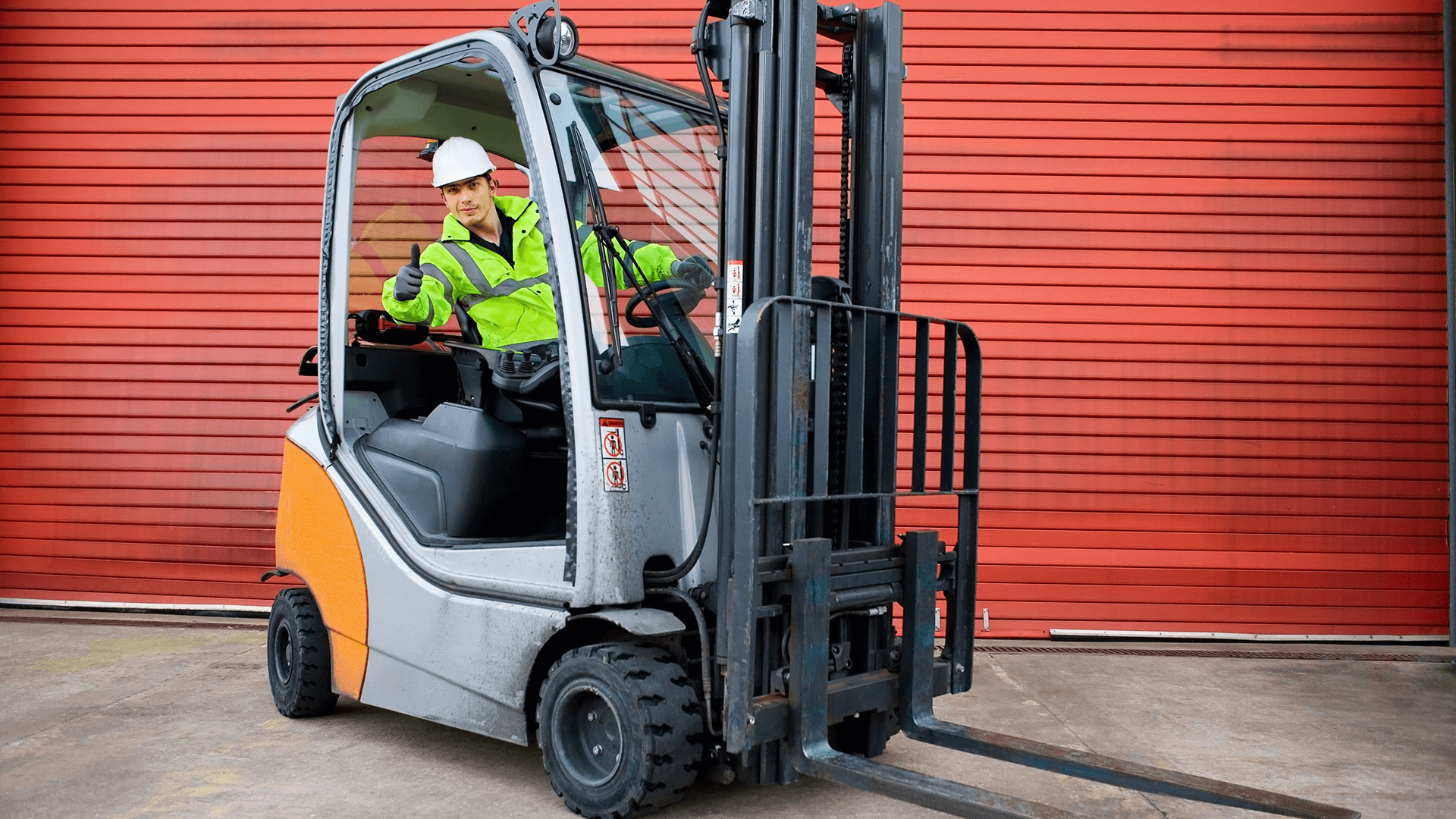
Downtime might seem harmless at first, but it causes bigger problems than most people realise. One forklift out of action can throw off the whole day’s work. Staff are left waiting. Jobs get delayed. Deadlines slip.
The truth is, most breakdowns don’t come out of nowhere. They’re usually the result of small problems building up over time. With the right servicing habits, you can stop those issues in their tracks and keep everything moving.
In our blog, we’ll look at how smarter forklift servicing can save time, reduce stress and help you avoid unwanted disruption.
Why Forklift Downtime Hits Hard
When a forklift breaks down, it doesn’t just sit idle, it slows everything around it. Staff may be left standing by, waiting for another machine, or struggling to complete tasks manually. That loss in efficiency can spread across the whole operation.
Downtime also means unexpected costs. You might need emergency repairs, hire a replacement, or reschedule deliveries. Over time, these delays damage trust with customers and make it harder to hit targets. The more often it happens, the more it eats into profit.
Plan Ahead with Preventative Maintenance
Waiting for a forklift to fail before fixing it often costs more and takes longer. That’s why planned maintenance is so valuable. It keeps small faults from becoming bigger problems and helps avoid last-minute disruption.
Creating a checklist is a wise move to make. Simple things like checking fluid levels, brakes and tyres on a regular schedule can make a big difference. Many businesses now service their forklifts based on usage hours rather than fixed dates, which gives them better control and fewer surprises.
Use Data to Stay Ahead
Every forklift in your fleet leaves a trail of useful information. Engine hours, service history and repair records all tell you how that machine is holding up. When tracked properly, this data helps you spot patterns and plan repairs before faults appear.
Some companies now use telematics to monitor performance in real time. These systems alert you to early warning signs, such as overheating or battery faults. That means less guesswork, fewer surprises and quicker action when something starts to go wrong.
Train Operators to Spot Early Warning Signs
Operators spend more time with your forklifts than anyone else, so they’re often the first to notice when something feels off. That could be a strange noise, slower response, or even a small leak. If it gets reported early, it’s usually easy to fix.
But without proper training, these warning signs are easy to miss or ignore. A quick daily check and a culture of reporting small issues can stop minor faults from turning into breakdowns. It also helps engineers fix problems faster when they do arise.
Work with Reliable Technicians
Not all forklift truck servicing is equal. Skilled engineers can spot issues others miss and fix them properly the first time. That means less downtime and fewer repeat faults. It also gives you peace of mind that your machines are safe and ready for work.
Using genuine parts also matters. Poor-quality replacements may cost less upfront, but they wear out faster and can cause further damage. A trusted technician will use the right parts and carry out repairs to a standard you can rely on.
Choose the Right Forklift for the Job
Breakdowns aren’t always caused by poor maintenance. Sometimes the issue is that the forklift isn’t built for the task at hand. Using the wrong machine can lead to faster wear, more strain on parts and a higher risk of faults.
If a truck is being pushed beyond what it was made for, it will never last as long as it should. Matching the forklift to the job, load size and surface type helps avoid avoidable damage and keeps your fleet in better condition.
Cutting downtime isn’t about doing more, it’s about working smarter. Smarter servicing saves time, reduces stress and keeps your business moving. For reliable forklift maintenance and expert support, get in touch with us at H&F Lift Trucks today.


